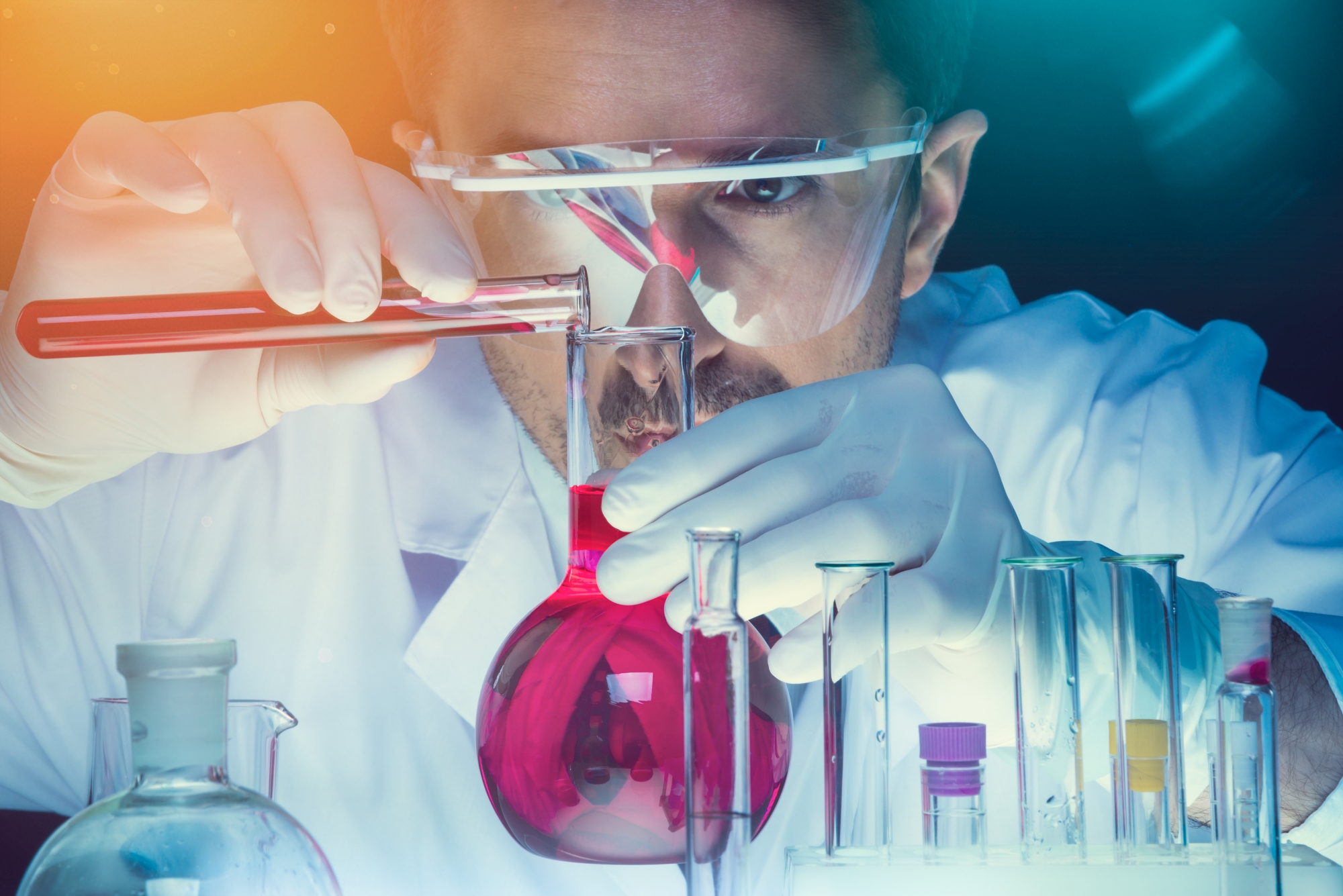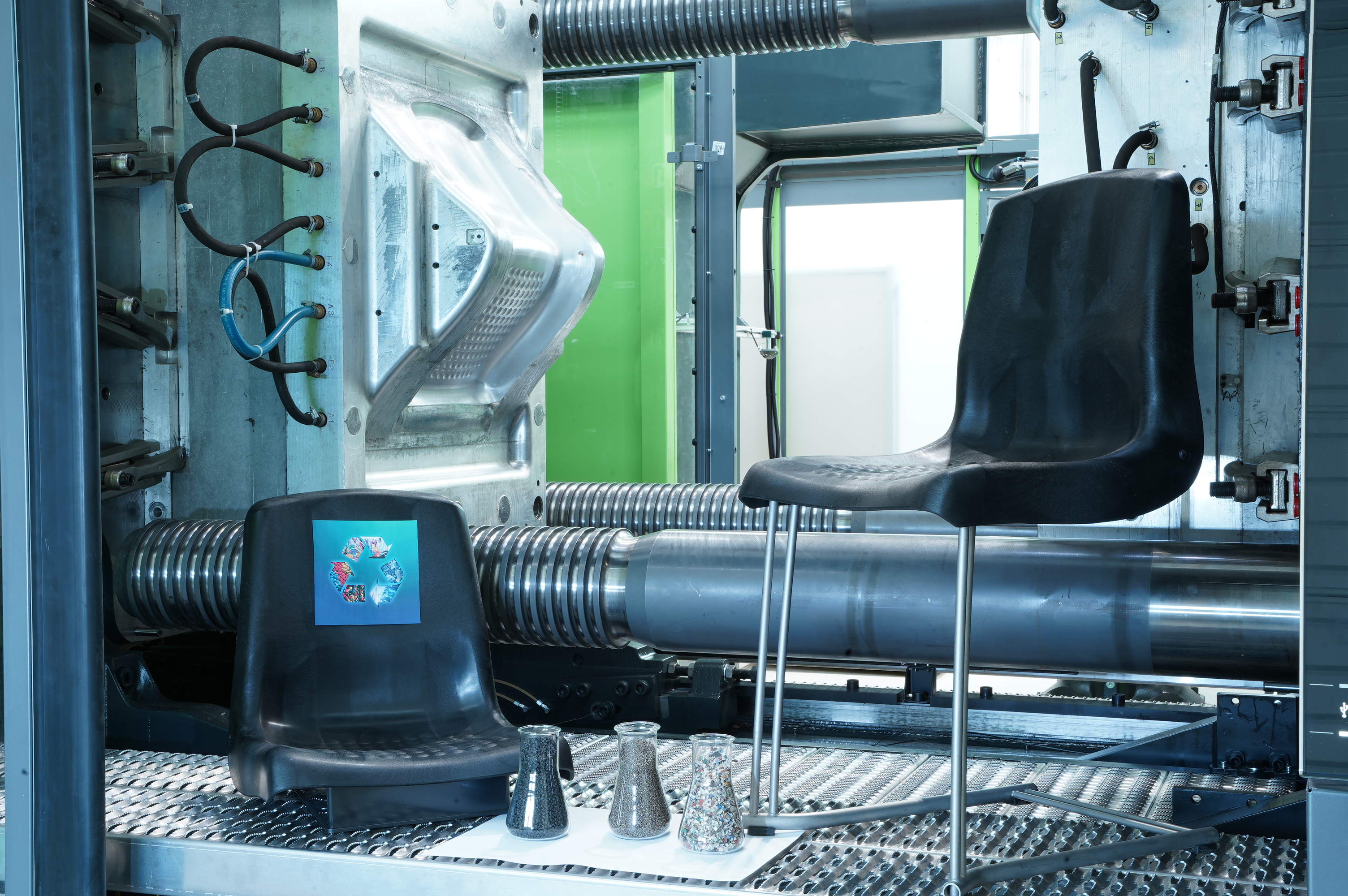
Circular economy instead of thermal recycling
In today's established waste management system, thermal recycling predominates and the carbon contained in the waste is released into the atmosphere as climate-damaging CO2. The transition to a circular economy can limit these emissions and avoid the excessive consumption of resources. This requires a complete reorganization of the treatment of recyclable material flows. The “Waste4Future” project partners have focused on waste streams containing plastics in order to enable their comprehensive recycling.
Recycling chain is reorganized and aligned with the material flow
The central result of the project is a holistic, entropy-based evaluation model that reorganizes the previously process-led recycling chain into a material-led chain (entropy = measure of the disorder of a system). A new type of guided sorting recognizes in real time which materials and in particular which plastic fractions are contained in the waste. A decision is then made as to which recycling route is the most technically, ecologically and economically viable for this specific waste volume. A material stream is broken down into its sub-streams, which are then assigned to different, energy-optimized processing routes based on a technology hierarchy. What cannot be reused by means of mechanical recycling is available for chemical recycling, always with the aim of obtaining the maximum possible amount of carbon compounds. This eliminates thermal recycling at the end of the chain.
To this end, digital twins of processes and materials were also created, a sorting demonstrator (multi-sensor system with AI-based data evaluation) was developed and the fundamental suitability of THz sensor technology for sorting black plastics, which was previously almost impossible, was demonstrated. Significant progress has been made in the evaluation of recyclates (e.g. ageing processes) and in recipe development (e.g. additives). For chemical recycling, it has been shown that gasification and pyrolysis can also be used to recycle polyamide-containing fractions that are no longer mechanically recyclable.
From the shredder light fraction to the new product
As a demonstrator, the project partners produced a chair shell from recycled polyamide. The plastic was automatically sorted out of a complex waste stream (shredder light fraction), then processed into high-quality recyclate using solvent-based recycling and then injection molded. The component behavior is comparable to that of virgin material.
Focus on economic evaluation and regulatory framework conditions
The lead project also included the economic evaluation of a new recycling process chain, for example the effects of rising prices for CO2 certificates or new regulatory requirements such as the European Climate Law, the EU Circular Economy Action Plan or the Packaging Act. The project consortium also carried out comprehensive life cycle analysis (LCA) studies for the individual recycling technologies.
 Fraunhofer-Gesellschaft
Fraunhofer-Gesellschaft 